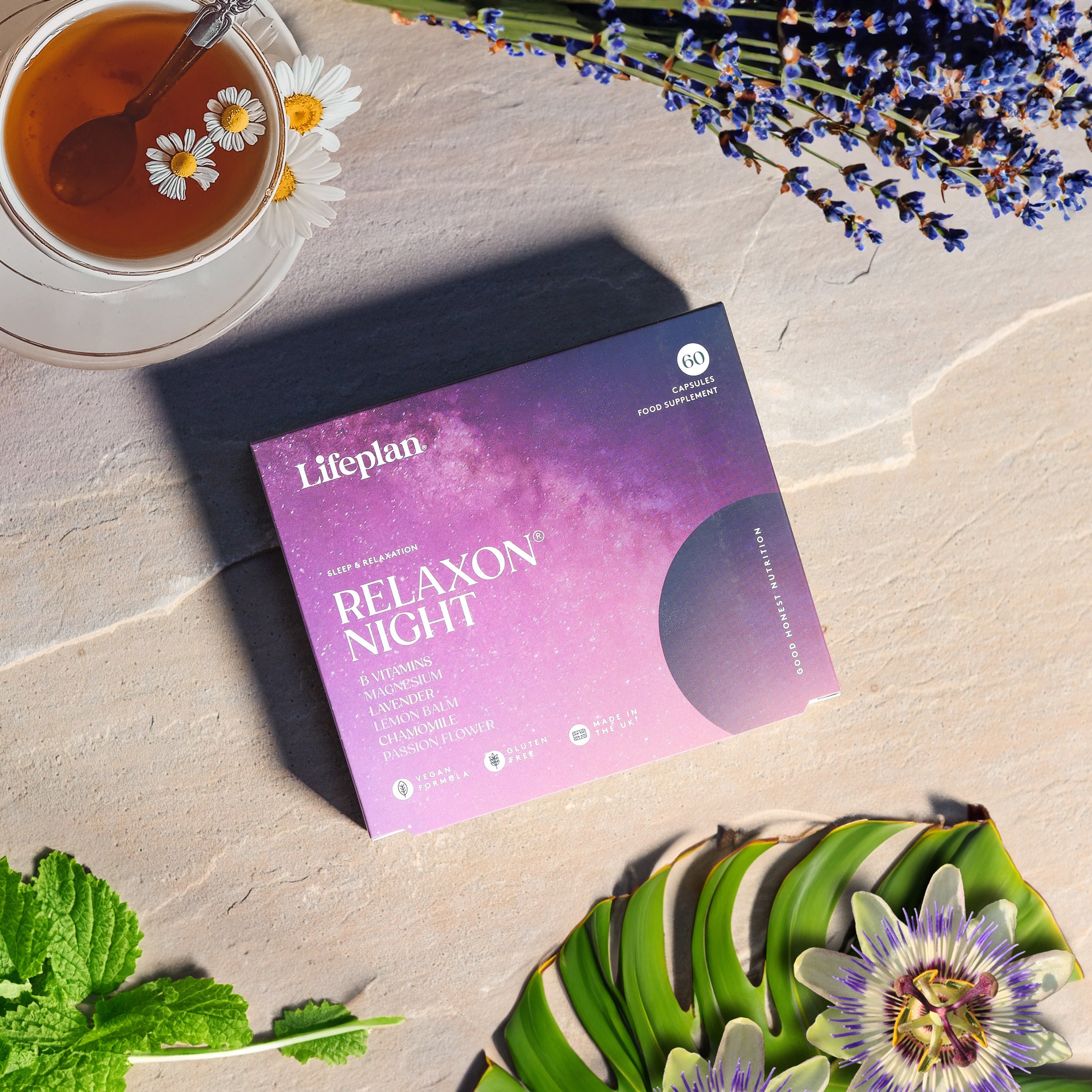There can be numerous reasons why you can’t fall asleep sometimes, either from over excitement, physical or mental stress, over exhaustion, overthinking, anxiety, depression, poor diet or certain underlying medical conditions or medication.
Sleep deprivation is unfortunately linked to many chronic issues like increased risk of obesity, diabetes, high blood pressure, heart disease, depression, lack of immunity and can affect our hormones.
If you have tried meditation, reducing caffeine intake, a warm bath, listening to relaxing music or reading before bedtime and your still not able to drift away. Here are 5 vitamins and minerals worth considering.
- Magnesium – a common mineral found naturally on earth and present in many foods, can work like magic for some people as it helps to relax muscles, ease tension and relax the nervous system. It is particularly important if you tend to cramp or move around tossing and turning. It also helps to reduce tiredness and fatigue and supports normal psychological function. Magnesium also helps to regulate the hormone melatonin, which is involved in our sleep-wake cycle.1 Magnesium can be found in nuts (cashews, almonds, Brazil nuts), dark chocolate, avocados, legumes, seeds, whole grains and dark leafy green vegetables. It is also available in supplement form or as bath salts (to add to your bath before bedtime).
- B Vitamins – including vitamin B1, B2, B3, B6, B12 and folic acid are vital in supporting normal brain function, nervous system, energy levels and cell metabolism. In fact, a B complex with magnesium and melatonin was shown to be beneficial to people with insomnia.2 Vitamin B6 is also involved in the production of the hormones melatonin and serotonin, which play a part in restful sleep and mood.
- Vitamin C – a powerful antioxidant, not only contributes to the normal function of the immune system but is important for cardiovascular health and necessary to produce collagen found in bones, teeth, skin and blood vessels. A combination of Vitamin C and Vitamin E supplementation has shown to reduce episodes of sleep apnoea, improve sleep quality and decrease daytime fatigue. 3
- Vitamin D – our main form of obtaining vitamin D is through sunlight or small amounts from dairy products and oily fish. Vitamin D contributes to normal blood calcium levels, normal bones, teeth, muscle function and immune function. A meta-analysis shows that low levels of vitamin D has also been linked to disturbed sleep and is associated with a higher risk of sleep disorders. 4
- Calcium – They say having a glass of warm milk before bedtime can help you sleep better. This is because calcium is required by the brain to use the amino acid tryptophan to eventually make the sleep hormone melatonin. Low calcium levels have also been linked with disturbed sleep patterns, including the lack of a deep REM sleep phase. 5
Next time you find it difficult to fall asleep, try these vitamins and minerals through supplementation or through key foods rich in these nutrients.
If you are pregnant, breastfeeding, have a medical condition or are on medication, always speak to your doctor before taking any supplements.
References





Leave a comment
This site is protected by hCaptcha and the hCaptcha Privacy Policy and Terms of Service apply.